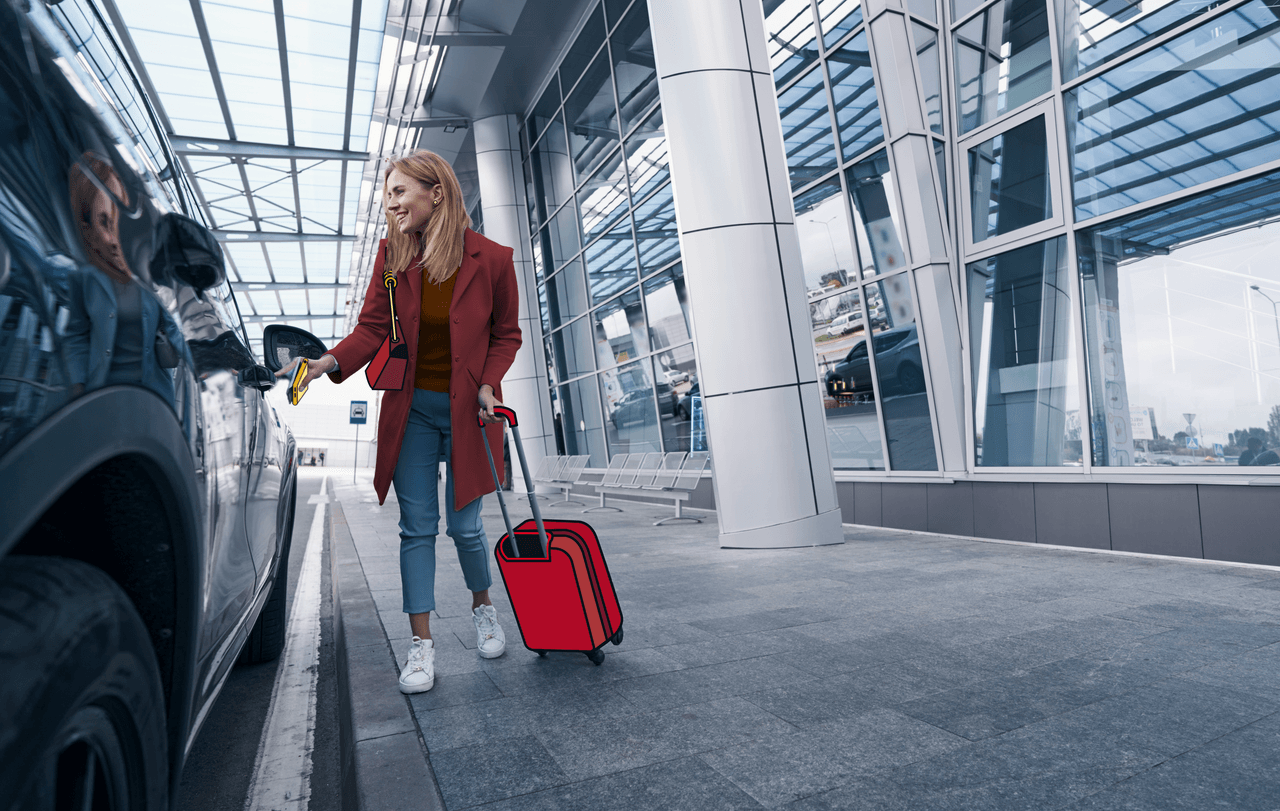Business travel continues to be an essential part of modern corporate life. While virtual meetings are here to stay, most organisations recognise the power of face-to-face interactions. From building client relationships to attending industry events, travel budgets remain an important investment that, when managed well, can also motivate employees. Below are some of the most common types of business travel, their features, and the key considerations companies should bear in mind.
Company Retreats
More and more organisations are investing in company retreats to foster team spirit and employee engagement. Taking staff away from the workplace provides an excellent opportunity to reaffirm corporate values, strengthen relationships, and encourage collaboration.
Retreats are particularly effective at inspiring creativity, since they provide a break from daily routines. However, success depends on careful planning. Transport, meals, activities, and accommodation for business travellers all need to be organised in advance to avoid unnecessary stress.
Although retreats require investment, they can often be more affordable than expected. Many destinations offer favourable group rates, and specialist agencies can help companies maximise their budgets.
Bleisure Travel
Bleisure travel – combining business with leisure – has become increasingly popular. By allowing employees to extend a work trip for personal leisure, companies make travel more attractive without incurring additional costs, as employees typically cover the leisure element themselves.
This arrangement can also boost focus, since employees can dedicate time to both their professional responsibilities and personal interests. With the rise of remote working, bleisure is easier to implement, as staff can continue working away from the office while extending their stay.
To fully support this model, companies should update their travel policies to include bleisure, outlining how it fits within overall guidelines.
Client meetings
Globalisation and remote work have expanded client relationships across countries and continents. In-person meetings remain crucial for building long-term trust and ensuring closer collaboration.
Organisations must carefully manage costs, efficiency, and sustainability. Beyond traditional planes, trains, and cars, greener options such as electric vehicles, eMopeds, and eScooters are increasingly popular. The choice of meeting venue also matters: while a client’s office may be most common, alternatives like cafés, hotel conference rooms, or coworking spaces provide flexibility.
Conference travel
Conferences and trade fairs are major drivers of business travel. They allow companies to network, promote services, and ensure employees remain updated on the latest industry trends.
Although they require investment, the long-term benefits often outweigh costs. Many organisers provide packages covering accommodation, catering, and transfers. Nevertheless, some companies prefer to manage these themselves to maintain tighter budgetary control.
Conference trips are also commonly combined with bleisure travel or even company retreats, creating opportunities for both professional development and team building.
Offshore work
Not all business travel is short-term. Many large organisations move staff between international offices for extended periods. In specialist sectors, employees may also relocate temporarily to provide support for clients abroad.
These assignments typically include transport, meals, and accommodation for business travellers. Because of the length of stay, comfort and practicality are especially important in housing arrangements, making this one of the most demanding forms of corporate travel.
Trade fairs
Trade fairs, closely linked to conference travel, remain a powerful tool for companies to showcase their products and services. They provide direct access to potential customers and industry partners, while also allowing employees to gain insights into market trends.
Although not every business attends such events regularly, those that do often view them as vital for visibility and growth. Travel for trade fairs can be optimised by combining attendance with client meetings or team activities to maximise return on investment.
Incentive travel
Incentive travel refers to trips offered as rewards for employee performance. Unlike retreats, which focus on collaboration, incentive trips are designed to motivate staff through recognition.
While this type of travel may not be as frequent as conferences or client meetings, it plays an important role in talent retention and engagement. Companies offering incentive travel should ensure that itineraries balance relaxation with opportunities to reflect company values.
Remote work travel
The rise of hybrid and remote working has blurred the line between professional and personal travel. Employees may work temporarily from different cities or countries, combining productivity with flexibility.
For organisations, this type of travel requires clear policies on expenses, connectivity, and availability. While not always categorised alongside traditional business travel, it is increasingly relevant when discussing types of business travel and accommodation in modern workplaces.
Additional considerations
Types of transport in business travel
When designing a corporate travel policy, several factors must be evaluated: cost, distance, sustainability, accessibility, and the number of travellers. Options include:
Company cars – either fleet or individual cars provided as benefits, though often costly due to maintenance and tax issues.
Public transport – sustainable and affordable, though sometimes less convenient.
Taxis and ride-hailing services – fast and flexible but potentially expensive if used frequently.
Mobility apps such as Freenow – which combine multiple transport options, centralise expenses, and support sustainability targets through electric and zero-emission fleets.
Are business trips tax deductible?
Business travel expenses are generally tax deductible, though rules vary by country. Common eligible expenses include:
Public transport fares
Hotel accommodation
Meals and drinks
Congestion charges and tolls
Parking fees
Business calls and printing
Mileage for company or private cars
As a rule of thumb, expenses must be incurred “wholly and exclusively” for business purposes. Organisations should always confirm local regulations and, if necessary, consult an accountant.
Types of business accommodation
Business travellers use a range of accommodation options, from hotels to serviced apartments. The choice depends on trip length, budget, and employee needs. When planning for types of business travel and accommodation, organisations should balance comfort, convenience, and cost-efficiency.
Features to consider when choosing accommodation
When arranging accommodation, companies should evaluate:
Location and accessibility relative to meeting venues or offices
Availability of business amenities such as Wi-Fi, meeting rooms, or workspaces
Flexibility for extended stays, particularly for offshore work
Group booking rates for retreats and conferences
Careful consideration of these factors helps ensure travellers remain comfortable and productive, while companies control costs effectively.


